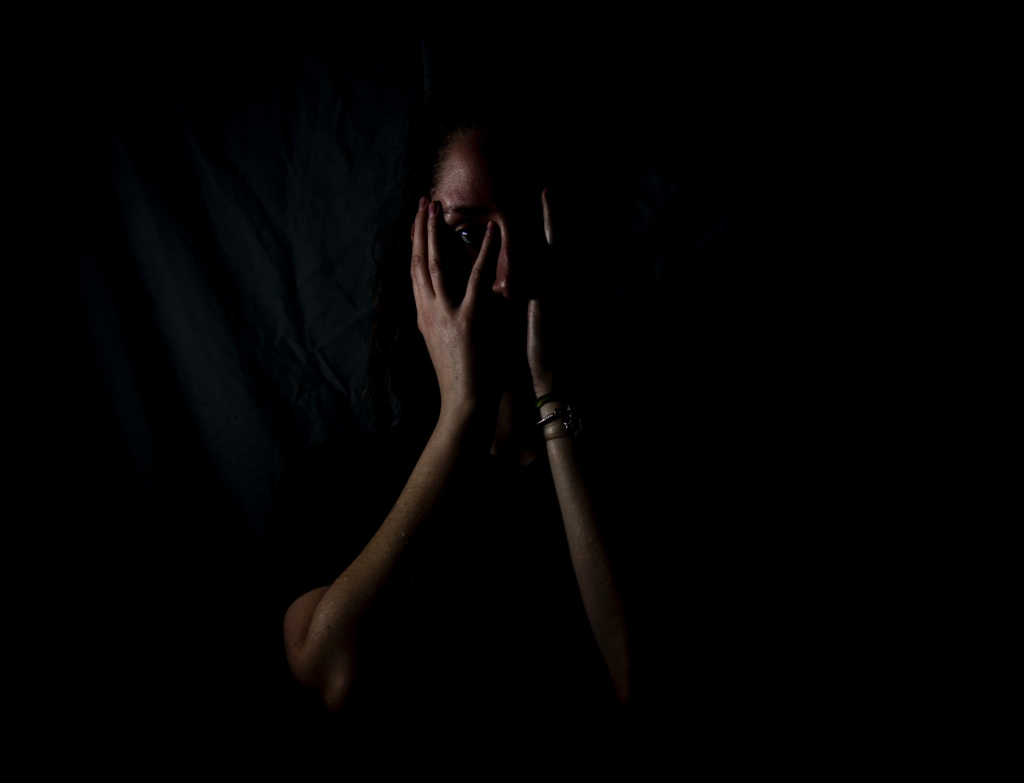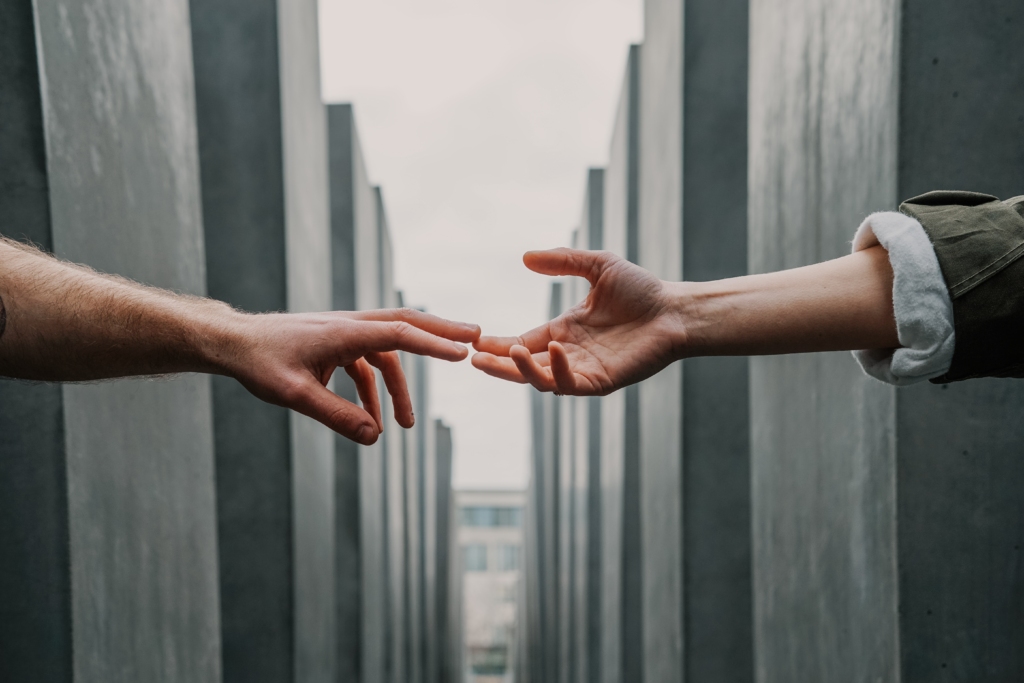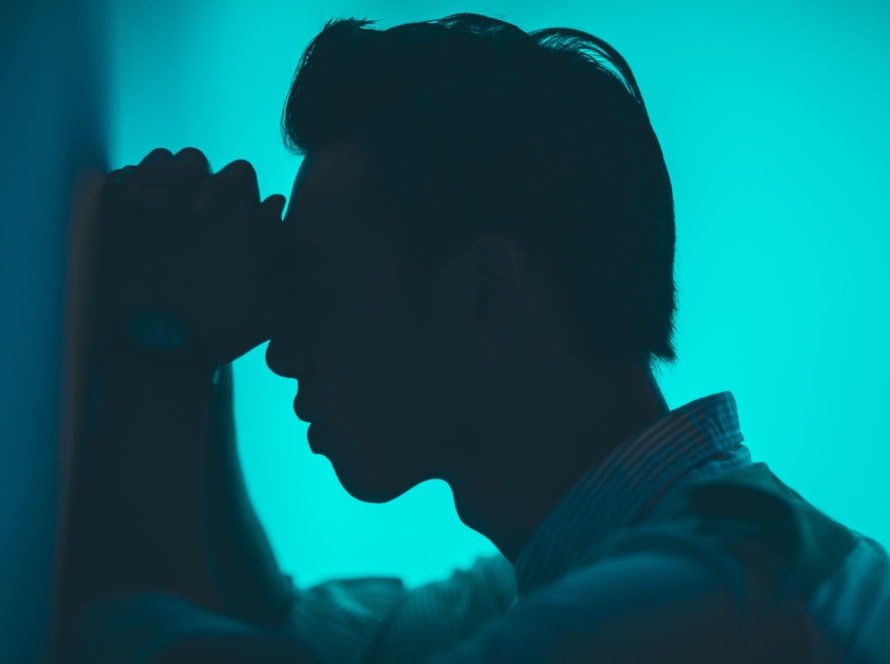All You Need to Know about Fear and Paranoia

Worries about others are so common that they seem to be an essential part of the human experience. Fears about other people seem to have reached new heights in recent years. Recent scientific research has revealed that suspiciousness is much more common than had previously been believed.
Who hasn’t fretted approaching home after a time away, that the house may have been burgled in their absence? Who hasn’t found themselves suspecting, perhaps only for a moment, that a friend, colleague, or family member hasn’t their best interest at heart? Who hasn’t worried that their passwords have been hacked and others might have access to their personal information?
In a recent survey, 70 percent of people said that they had, at some time, experienced the feeling that people were deliberately trying to harm or upset them in some way.
In another study, 93 percent of people believed that, at some point, they have been talked about behind their back.
So if you’re worried about other people, you’re certainly not alone. In fact, paranoia may be almost as common as depression or anxiety. And just like anxiety and depression, there is a spectrum of severity of paranoia.
Why Do We Worry About Others?
Humans have survived because they learn how to deal with danger. Our mind adapted to danger and developed areas in our brain that deal with danger and keep us alive. Although this has helped us for thousands of years it comes with the downside that our mind tends to overestimate danger. The mind works on the principle “Better safe than sorry”. This means it is better to take all necessary precautions than to expose myself to something dangerous.
There are two types of danger:
- Physical danger. Throughout history, other people were a significant source of physical danger for us. Think about rival tribes, wars etc.
- Social danger. Humans have a need to belong, to fit in with their group. When this is threatened and the risk of exclusion is high, humans must act fast: either to display group desirable behaviours or to mask their differences.
Being suspicious of others keeps you alert and on guard and helps you to be prepared if any danger arises.
The role of past experiences
Trust is the foundation stone of communities. Our innate levels of anxiety, the events that happen to us, and the inherent difficulties in decoding the intentions of others, mean that there is substantial individual variability.
If someone experienced adverse life experiences, didn’t have a trusting relationship with their caregiver, grew up in a rough environment, or experienced abuse, bullying, or racism, they most likely struggle to trust other people. When their judgments about others are too far weighted to mistrust, then they are advancing along the paranoia spectrum.
Stress and major life changes
For many people suspicious thoughts seem to first appear during times of stress and changes. You might, for example, have started a new job, had difficulties in relation
Feelings
Stressful life events often lead to changes in the way we feel. They might lead to feeling anxious, depressed, irritable, or annoyed. The more intense negative feelings we experience, the more vulnerable, criticised and different we feel and the more suspicious we are.
External situations
The level of threat we face varies by individual, time, and place. Nonetheless, real threats from others exist and these must be anticipated, and judicious precautions put in place. However, recent events with COVID, war in Ukraine, terrorist attacks, gave us a greater sense that we are under threat.
Moreover, certain situations amplify this threat: social situations, situations in which we might be blamed, accused or criticised, situations where it is difficult to escape, unusual events, coincidence and apparent connections, being alone, feeling exposed.
Internal triggers
People become more suspicious when they experience changes in the way they perceive the world and experience anomalous experiences – for example changes in their perceptions, hearing or seeing things and when they struggle to explain them.
It is perfectly natural to try to understand the way we feel inside. But when we are stressed and experience intense negative feelings, our explanations are likely to be negative.
Our judgements
Research have shown that it is much more likely that we have suspicious thoughts about others if we do any of the following:
- Have a need for certainty. It is normal to want to understand our experiences especially if they are odd and unsettling. However, this can cause more worries and stress and can amplify the sense of danger and we then jump to conclusions.
- Jumping to conclusions. The more stressed and anxious we are the more we jump to conclusions. A decision or judgment made quickly isn’t always bad, but in general it is better to think through a situation thoroughly.
- Not considering alternative explanations. Sometimes we go with the first explanation that comes to our mind and we don’t consider any other possible explanations.
- Blaming others. We sometimes have the tendency to attribute the cause for the events to others.
When You Need to Reach Out for Support

Fear of others and paranoia may be situational and may go away. However, if these don’t go away, you may need to reach out for professional support if you find it difficult to control your worry, fear or anxiety and it’s starting to interfere with your relationships, work, and other parts of your life.
Struggling with overthinking, worry, fear and paranoia and unsure what to do about it?? Don’t hesitate to contact me to understand your situation better, and we can discuss what is the best approach for you.


